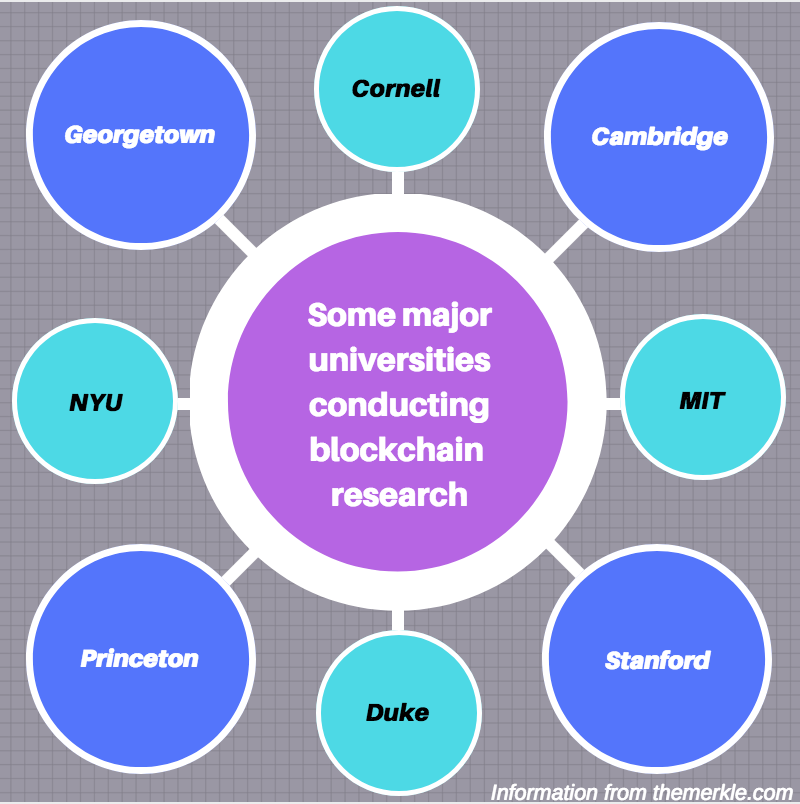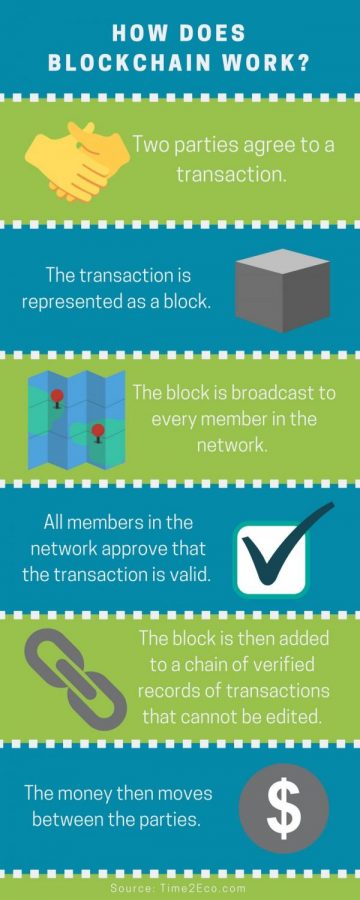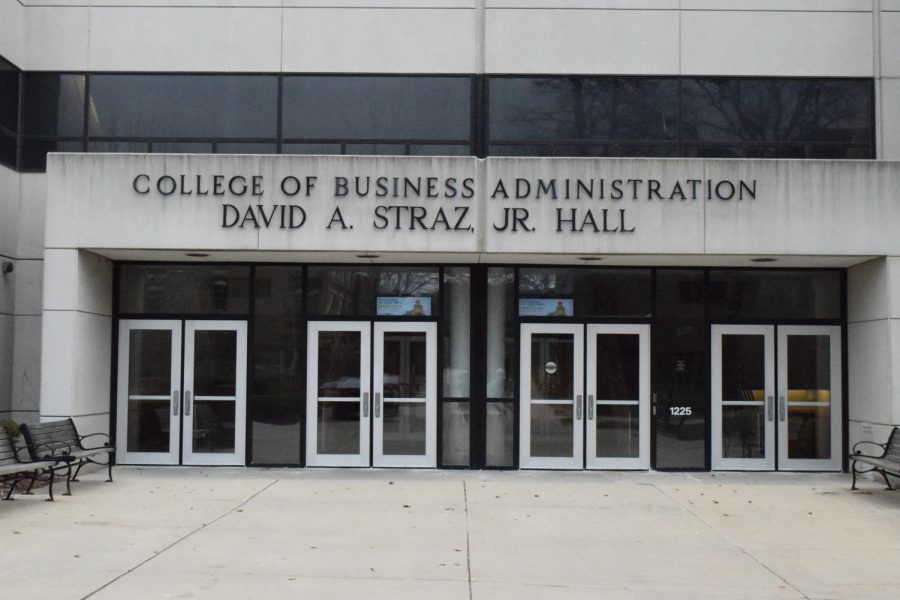Heather Sullivan is a key founding member of Marquette’s Blockchain Lab. In five years, she said she hopes it won’t exist.
Sullivan is the associate director of external relations for the College of Business Administration and the Graduate School of Management. She helped establish the lab in fall 2017. The goal is to educate others and to utilize blockchain in different industries, Sullivan said. Once blockchain is a well-established technology, a lab won’t be necessary.
“If you were comparing this to the internet when it first became popular, we wouldn’t have an internet lab now because we don’t need one,” Sullivan said. “That’s kind of the goal, that once we’ve educated people enough, we move on to some other technology and figure that out.”
According to the Blockchain Lab website, blockchain works like a series of identical logs that records financial transactions. With many identical logs, it becomes much harder to commit fraud. For this reason, blockchain is referred to as a “trustless system.”
“Think of a ledger that tells you who owns what and where it is, and you can back that ledger up almost infinitely,” Joseph Wall, an assistant professor of accounting in the College of Business Administration, said.
The idea for the lab came from a blockchain conference hosted at Marquette as part of Milwaukee Startup Week in November 2017. The conference had about 300 people in attendance.
“The conference was my way of testing the waters to see what kind of interest there is in blockchain in our community, and I think the event proved that there’s a lot of interest,” Sullivan said. She decided the time was right to propose a blockchain at Marquette.
The first blockchain was invented by anonymous bitcoin inventor “Satoshi Nakamoto” in 2008 as a key component to bitcoin. It wasn’t until later, however, that the true potential of blockchains alone was realized.
“It’s kind of a simple concept, but some of the best technologies start with ideas that are really easy to understand,” Wall said.
The concept of a blockchain lab is nothing new. Many major universities, such as Georgetown and Cornell, already have blockchain-related research. The Massachusetts Institute of Technology has been doing research in the area of blockchain since the technology’s inception. However, Sullivan said she sees enormous values in bringing a blockchain lab to Marquette at this time.
Although there is talk of the Blockchain Lab becoming part of Marquette’s future Innovation Alley, Sullivan said the lab isn’t a physical space. Instead, Sullivan said she sees the lab as a community of likeminded people working together to accomplish goals.
In addition to community education, Sullivan said she sees potential for the Blockchain Lab in research. She also said she believes the lab could help local organizations utilize blockchain.
“I’ve already had a couple companies come to us asking if there’s any way our faculty or students could collaborate on building a proof of concept for us,” Sullivan said.
Davis Marklin, a senior in the College of Engineering, is currently in the process of forming a blockchain club as a student-oriented addition to the Blockchain Lab. He said he is hoping for a like-minded group of students to learn more about blockchain and its applications.
“Since Milwaukee lacks a de facto group of experts in blockchain technology, we can become that group of blockchain experts in that Milwaukee community,” Marklin said.
Wall acknowledged Marquette may not be at the same level of other universities in terms of recognition in the area, but he said he hopes Marquette’s Blockchain Lab will change that.
“I hope that Marquette can kind of become the go-to place for blockchain tech in the Midwest region, not just in Milwaukee or Wisconsin,” Wall said.
Correction: An earlier version of this story stated that Wall said Marquette was not at the same level of other universities in terms of research. Wall said that Marquette was not as well known as other universities. The Wire regrets the error.








